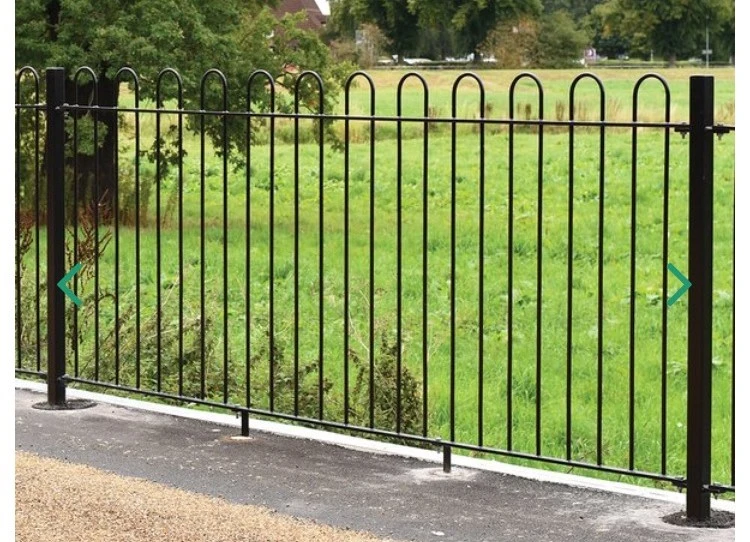-
Email:zhao@hyliec.cn
-
Tel:+86 311 85273988
-
WhatsAPP:8613931128750
-
 Afrikaans
Afrikaans -
 Albanian
Albanian -
 Amharic
Amharic -
 Arabic
Arabic -
 Armenian
Armenian -
 Azerbaijani
Azerbaijani -
 Basque
Basque -
 Belarusian
Belarusian -
 Bengali
Bengali -
 Bosnian
Bosnian -
 Bulgarian
Bulgarian -
 Catalan
Catalan -
 Cebuano
Cebuano -
 Corsican
Corsican -
 Croatian
Croatian -
 Czech
Czech -
 Danish
Danish -
 Dutch
Dutch -
 English
English -
 Esperanto
Esperanto -
 Estonian
Estonian -
 Finnish
Finnish -
 French
French -
 Frisian
Frisian -
 Galician
Galician -
 Georgian
Georgian -
 German
German -
 Greek
Greek -
 Gujarati
Gujarati -
 Haitian Creole
Haitian Creole -
 hausa
hausa -
 hawaiian
hawaiian -
 Hebrew
Hebrew -
 Hindi
Hindi -
 Miao
Miao -
 Hungarian
Hungarian -
 Icelandic
Icelandic -
 igbo
igbo -
 Indonesian
Indonesian -
 irish
irish -
 Italian
Italian -
 Japanese
Japanese -
 Javanese
Javanese -
 Kannada
Kannada -
 kazakh
kazakh -
 Khmer
Khmer -
 Rwandese
Rwandese -
 Korean
Korean -
 Kurdish
Kurdish -
 Kyrgyz
Kyrgyz -
 Lao
Lao -
 Latin
Latin -
 Latvian
Latvian -
 Lithuanian
Lithuanian -
 Luxembourgish
Luxembourgish -
 Macedonian
Macedonian -
 Malgashi
Malgashi -
 Malay
Malay -
 Malayalam
Malayalam -
 Maltese
Maltese -
 Maori
Maori -
 Marathi
Marathi -
 Mongolian
Mongolian -
 Myanmar
Myanmar -
 Nepali
Nepali -
 Norwegian
Norwegian -
 Norwegian
Norwegian -
 Occitan
Occitan -
 Pashto
Pashto -
 Persian
Persian -
 Polish
Polish -
 Portuguese
Portuguese -
 Punjabi
Punjabi -
 Romanian
Romanian -
 Russian
Russian -
 Samoan
Samoan -
 Scottish Gaelic
Scottish Gaelic -
 Serbian
Serbian -
 Sesotho
Sesotho -
 Shona
Shona -
 Sindhi
Sindhi -
 Sinhala
Sinhala -
 Slovak
Slovak -
 Slovenian
Slovenian -
 Somali
Somali -
 Spanish
Spanish -
 Sundanese
Sundanese -
 Swahili
Swahili -
 Swedish
Swedish -
 Tagalog
Tagalog -
 Tajik
Tajik -
 Tamil
Tamil -
 Tatar
Tatar -
 Telugu
Telugu -
 Thai
Thai -
 Turkish
Turkish -
 Turkmen
Turkmen -
 Ukrainian
Ukrainian -
 Urdu
Urdu -
 Uighur
Uighur -
 Uzbek
Uzbek -
 Vietnamese
Vietnamese -
 Welsh
Welsh -
 Bantu
Bantu -
 Yiddish
Yiddish -
 Yoruba
Yoruba -
 Zulu
Zulu
roll of wire for fence
The Essential Guide to Choosing the Right Roll of Wire for Your Fence
When it comes to fencing, choosing the right materials is crucial for ensuring durability, security, and aesthetics. One of the most popular choices among homeowners and professionals alike is wire fencing, given its versatility and strength. This article delves into the considerations for selecting the ideal roll of wire for your fencing project.
Understanding Wire Fencing Options
Wire fencing is available in various types, including chain link, welded wire, and barbed wire. Each type serves different purposes and offers unique benefits. For instance, chain link fencing is commonly used for residential yards, providing visibility and security without obstructing views. On the other hand, barbed wire is often used in agricultural settings to keep livestock contained and deter intruders.
Determining Your Needs
Before purchasing a roll of wire for your fence, it's essential to assess your specific needs
1. Purpose Identify the primary purpose of the fence. Are you looking to keep pets inside, protect your garden from wildlife, or secure your property against intruders? Your goals will influence the type of wire you should choose.
2. Height and Length Consider the size of the area you want to fence. Measure the perimeter to determine how much wire you'll need and think about the height that will best serve your needs. For instance, taller fences may be necessary to keep larger animals contained or to provide additional privacy.
3. Wire Gauge Wire comes in different gauges, which refers to its thickness. A lower gauge number indicates a thicker wire, which generally translates to increased strength and durability. For example, a 12-gauge wire is stronger than a 14-gauge wire, making it suitable for more demanding environments.
roll of wire for fence

Evaluating Durability and Maintenance
The material used in the wire construction also affects the longevity of your fence. Common materials include galvanized steel, stainless steel, and vinyl-coated wire. Galvanized steel is coated with a layer of zinc, providing resistance to rust and corrosion. This makes it an excellent choice for environments exposed to moisture. Stainless steel offers even more durability but can come at a higher price point.
Additionally, consider the maintenance requirements of your chosen wire type. Some materials may require periodic painting or treatment to prevent rust, while others are virtually maintenance-free.
Cost Considerations
While it may be tempting to opt for the cheapest roll of wire available, consider the long-term costs associated with your choice. Investing in high-quality wire may lead to lower maintenance costs and a longer lifespan, ultimately saving you money over time. Always factor in installation costs as well, as certain types of wire fencing may require professional installation.
Installation Tips
Once you've selected the right roll of wire for your fence, proper installation is key to achieving the best results. Make sure to use sturdy posts, and consider adding tension wire for increased stability. Depending on the type of wire, tools like fencing pliers, wire cutters, and post hole diggers may be necessary.
Conclusion
Selecting the appropriate roll of wire for your fencing needs involves careful consideration of various factors, including purpose, height, gauge, durability, and cost. By taking the time to evaluate your requirements, you can ensure a sturdy and attractive perimeter that serves your property well for years to come. Whether you’re fencing in your garden or securing a larger piece of land, the right wire fencing is an investment in your property’s safety and value.
-
garden-fence-on-a-roll-versatile-solutions-for-outdoor-enclosure-and-decoration
NewsAug.22,2025
-
fence-post-varieties-essential-components-for-durable-enclosures
NewsAug.22,2025
-
garden-fence-panels-blending-functionality-and-aesthetic-appeal
NewsAug.22,2025
-
tools-for-fence-essential-equipment-for-garden-fence-installation-and-maintenance
NewsAug.22,2025
-
fence-and-gate-accessories-enhancing-functionality-and-durability
NewsAug.22,2025
-
metal-plant-supports-essential-structures-for-healthy-plant-growth
NewsAug.22,2025
